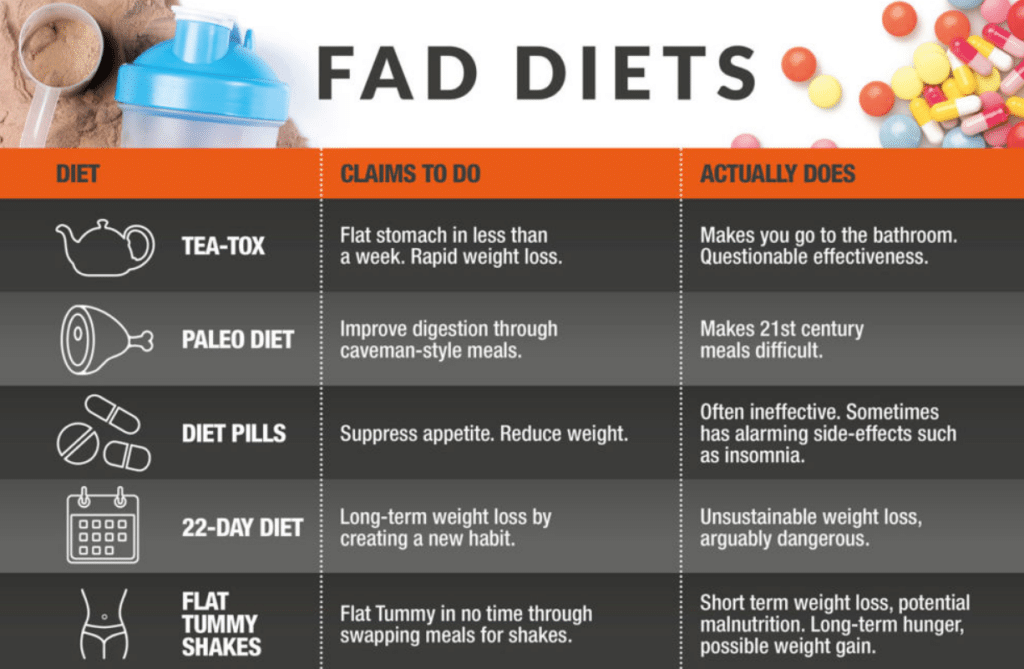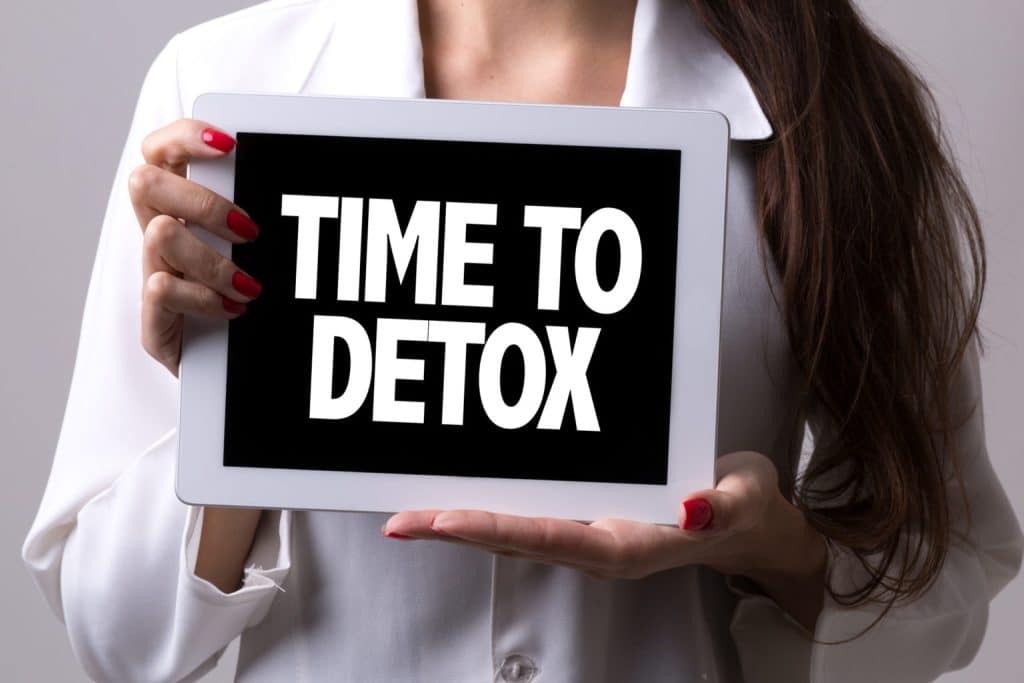The health and wellness industry, a booming sector valued in billions, has become a pivotal part of modern life. With its rapid growth, there’s an increasing concern about dangerous trends that often go unnoticed. These trends, ranging from misinformation to extreme dieting, pose significant risks to public health. This article delves into these perilous practices, shedding light on the importance of discernment and scientific backing in health-related decisions. It’s crucial to navigate this industry with a critical eye, as what’s popular isn’t always safe or beneficial.
Contents
Misinformation and Pseudoscience

The rise of unverified health claims and pseudoscience is a troubling trend in today’s wellness culture. The internet, especially social media platforms, serves as a breeding ground for health myths, often presented as quick fixes or natural alternatives. These claims, lacking scientific validation, spread rapidly, gaining traction among those seeking easy solutions. The allure of these myths is often rooted in their simplicity and the promise of immediate results, overshadowing the need for scientific scrutiny.
The consequences of following unverified health advice can be severe. Individuals, swayed by persuasive anecdotes and charismatic influencers, may adopt practices that are, at best, ineffective and, at worst, harmful. The reliance on unproven remedies can lead to health deterioration, delay in seeking proper medical treatment, and even life-threatening situations. It’s essential to approach health trends with skepticism and prioritize advice from qualified health professionals. The health and wellness journey should be based on evidence, not just enticing narratives.
Extreme Dieting and Fad Diets

Fad diets have become a cornerstone of the health and wellness industry, often characterized by their promise of rapid weight loss and dramatic health improvements. These diets typically involve restrictive eating patterns, cutting out entire food groups or relying heavily on specific foods. Their appeal lies in the promise of quick and visible results, often endorsed by celebrities or through compelling testimonials. However, the lack of balance and sustainability in these diets raises significant concerns.
The health risks associated with extreme dieting are manifold. Such diets often lead to nutritional deficiencies, disrupting the body’s normal functioning and potentially causing long-term damage. Beyond physical health, these diets can also have profound psychological impacts, including the development of unhealthy relationships with food and an increased risk of eating disorders. Sustainable, balanced eating habits are key to long-term health rather than short-lived, extreme dietary changes.
Overemphasis on Supplements

The dietary supplement industry has seen exponential growth, driven by the promise of enhanced health and well-being through pills and powders. Marketing strategies often position these supplements as necessary additions to the average diet, suggesting that they can compensate for dietary inadequacies or offer health benefits beyond what normal food can provide. This has led to a widespread belief that supplements are an essential part of a healthy lifestyle, overshadowing the importance of a balanced diet.
However, the risks associated with excessive supplement intake are often overlooked. High doses of vitamins and minerals can lead to adverse health effects and interact negatively with prescription medications. Furthermore, the supplement industry suffers from a lack of stringent regulation, leading to concerns about the purity and potency of these products. It’s crucial to understand that supplements are not a panacea for health and should be used judiciously, preferably under the guidance of healthcare professionals.
The Glorification of Over-Exercising

In recent years, there has also been a noticeable shift towards extreme fitness routines, often glorified by social media influencers and fitness enthusiasts. These routines, characterized by high intensity and frequency, are presented as the epitome of health and fitness goals. The culture surrounding these practices often equates more exercise with better health, pushing individuals to exceed their physical limits in pursuit of an idealized body image.
However, the physical and mental risks of over-exercising are significant. Physically, it can lead to injuries, chronic fatigue, and other long-term health issues, as the body is not given adequate time to recover. Mentally, this obsession with exercise can lead to burnout, anxiety, and an unhealthy relationship with one’s body and exercise. It’s essential to promote a balanced approach to fitness, one that respects the body’s limits and emphasizes health over appearance.’
Detoxification Obsession

The trend of detoxification has swept through the health and wellness industry, with an array of products and methods claiming to ‘cleanse’ the body of toxins. These range from detox teas and juices to more extreme fasting and cleansing regimens. The marketing behind these products often capitalizes on the idea of instant purification and weight loss, appealing to those seeking quick health fixes. However, this trend oversimplifies the body’s complex detoxification processes, often ignoring the capabilities of the liver and kidneys. The promise of immediate results from these detox methods can be misleading and potentially harmful.
The reality of detoxification is far from what is often portrayed in advertisements. The human body is equipped with its own efficient detoxification systems, primarily the liver and kidneys, which work continuously to eliminate toxins. Most detox products have little to no scientific evidence supporting their efficacy and can sometimes lead to adverse health effects, including nutritional deficiencies and imbalances. Furthermore, the psychological impact of these detox trends, such as the perpetuation of the idea that regular eating habits are ‘toxic’, can be damaging.
The Promise of Quick Fixes

The allure of quick fixes in the health and wellness industry is a pervasive issue, with numerous products and methods promising miraculous results in little time. From weight loss pills to beauty treatments that claim to erase signs of aging overnight, these solutions play on the desire for immediate gratification. The marketing strategies behind these products are often aggressive, showcasing dramatic before-and-after photos and testimonials to bolster their claims. However, these quick fixes usually offer superficial or short-term results, bypassing the need for sustainable lifestyle changes. The focus on instant results can distract from the importance of adopting long-term healthy habits.
Relying on quick fixes can have several downsides. Firstly, these solutions often lead to only temporary changes, with the original issue resurfacing once the use of the product is discontinued. In some cases, they can even lead to adverse health effects, especially if the products are used without proper guidance or understanding of their implications. Moreover, the psychological impact of chasing quick fixes, such as the constant disappointment from unmet expectations, can be significant. Promoting a culture of sustainable health practices is essential, emphasizing gradual and consistent changes over instant solutions.
Neglecting Mental Health

In the pursuit of physical health and aesthetic goals, the health and wellness industry often overlooks an equally important aspect: mental health. The focus tends to be predominantly on physical outcomes like weight loss, muscle gain, and external beauty, overshadowing the significance of psychological well-being. This imbalance can lead to a narrow perception of health, where mental health issues are either ignored or not given the same level of attention and care. The stigma surrounding mental health in some wellness circles further exacerbates this issue, creating an environment where mental health is not openly discussed or prioritized.
The importance of integrating mental health into the overall wellness narrative cannot be overstated. Mental health is intrinsically linked to physical health, with each influencing the other. Neglecting mental well-being can lead to a host of issues, including stress, burnout, and a decreased quality of life. Wellness should be viewed holistically, encompassing both physical and mental health. Encouraging open conversations about mental health, providing resources and support, and recognizing the signs of mental distress are crucial steps in fostering a more inclusive and comprehensive approach to wellness.
Unregulated Body Enhancement Procedures

The rise in popularity of cosmetic and body enhancement procedures, particularly those that are unregulated, poses a significant concern in the health and wellness industry. These procedures, ranging from injectables to more invasive surgeries, are often marketed as easy solutions for achieving the ideal body image. Influenced by celebrity culture and social media, individuals are increasingly turning to these procedures without fully understanding the risks involved. The lack of regulation in certain areas of the cosmetic enhancement industry means that these procedures can be performed by individuals without the necessary qualifications or in environments that do not meet medical standards.
The health risks associated with unregulated body enhancement procedures are substantial. These can include infection, scarring, and, in some cases, life-threatening complications. The psychological impact, such as body dysmorphia and an unhealthy obsession with physical appearance, is also a growing concern. The pressure to conform to certain beauty standards can lead individuals to make hasty decisions about undergoing these procedures without proper consideration of the risks.
Make Empowered Choices in Your Health Journey
In navigating the complex landscape of the health and wellness industry, it’s vital to approach trends with a critical and informed mindset. This article highlights the need for vigilance against harmful practices, from misinformation to unregulated procedures. Embrace a balanced approach to health, prioritizing long-term well-being over quick fixes. Let’s commit to making informed decisions, seeking credible sources, and advocating for a holistic view of health that includes both physical and mental well-being. Your health journey should be safe, informed, and sustainable.


